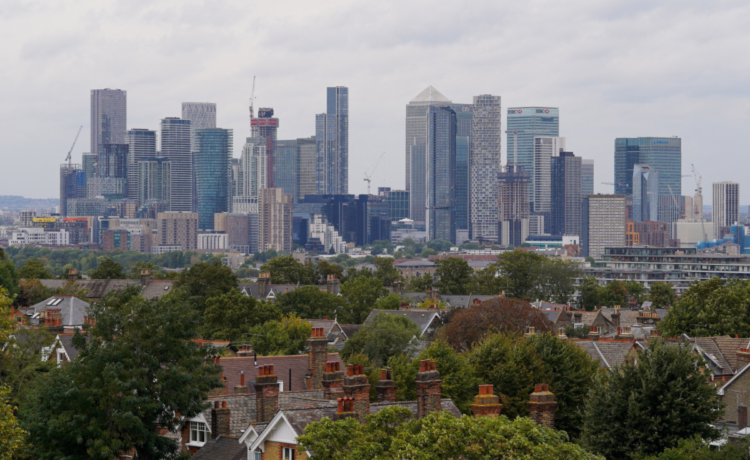LONDON (March 5): Some big Chinese developers are set to offload more real estate in Britain to raise cash, property agents say, making the most of a slowly thawing market and buyers betting on a recovery.
Data compiled by MSCI Real Assets for Reuters shows that Chinese developers have been net sellers for three years, shedding UK real estate worth £1.4 billion (US$1.8 billion or RM8.41 billion).
That contrasts with the £12.8 billion Chinese developers splashed out in Britain between 2014 and 2020.
The impetus to sell stems largely from a collapse in China’s property sector since 2021, when a regulatory crackdown on debt-fuelled construction triggered a liquidity squeeze.
The ensuing financing crunch has hit some of China’s biggest property players, including Country Garden and Evergrande, and led to a retreat from markets including Australia and New York.
Commercial property values have also tumbled globally due to steep borrowing costs and the post-Covid home working trend, leading to a collapse in deal activity.
“Right now you wouldn’t be selling unless you really had to,” said Chris Gore, a veteran London property adviser at Avison Young, highlighting that commercial real estate prices in London had corrected by 15%-20% in the last couple of years.
In Britain, net selling activity by Chinese developers peaked at £1.2 billion in 2022 before dropping to £80 million in 2023, the MSCI Real Assets data shows.
But last year’s figure has already been surpassed in 2024, with £110 million of net sales, as property agents report a recent rebound in buying interest.
Enquiries were coming in locally and from overseas, including from other parts of Asia and wealthy family offices with deep pockets, they told Reuters.
Britain has rebounded to become Europe’s preferred destination for property investments in 2024 after a six-year hiatus, a survey by real estate fund trade body INREV found.
The need for cash among some Chinese developers and a growing belief among some buyers that property prices may have reset faster in Britain than elsewhere could spur more deals and make the country a particular focus, real estate agents say.
For buyers with the money this offers “a very interesting opportunity to come and make hay”, said Rasheed Hassan, the head of global cross border investment at property agency Savills.
Market conditions are expected to thaw in 2024 if the Bank of England eases borrowing costs, which should aid London sales, property experts said.
Britain has already seen a significant repricing in commercial real estate values, INREV said, potentially putting it ahead of the curve and priming it for recovery.
“It just so happens that you’re likelier to find buyers in markets with higher liquidity,” such as Britain, said Ben Chow, MSCI’s head of real estate research for Asia.
Data from CoStar shows that over the past two years Chinese developers sold UK commercial property to a variety of buyers including from Britain, Canada, Malaysia and Japan.
Still, getting more deals done will depend on Chinese developers accepting significantly lower prices, property agents said, with distressed assets more likely to hit the market via receivership, leading to protracted sales processes.
In east London’s Canary Wharf, the Chinese-owned 5 Churchill Place tower fell into receivership last year. It was sold by receivers last month at a 60% discount, a source familiar with the deal said.
Other Chinese developers heading for the exit this year include Country Garden, which was slapped with a liquidation petition last week. The embattled company has put its flagship residential development in the east of London up for sale.
Developer R&F, meanwhile, has entered negotiations to sell the multi-tower One Nine Elms London riverside project to a Chinese rival last month, an R&F stock exchange filing shows.
And a near-empty Chinese-backed office development in east London’s Royal Albert Dock was sold last year to British developer and amateur jockey David Maxwell.
“The Chinese bought that with the idea that they would fill it up with Chinese firms,” Gore said. “But that never happened.”
















